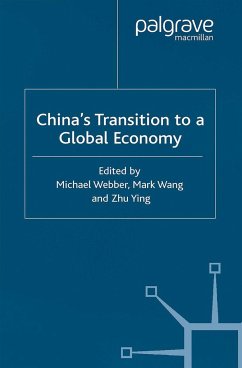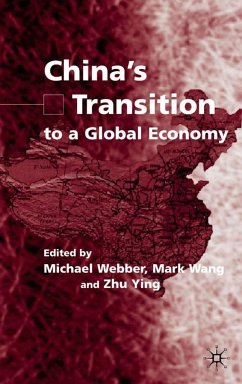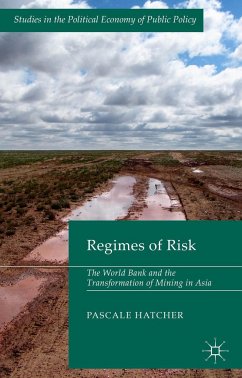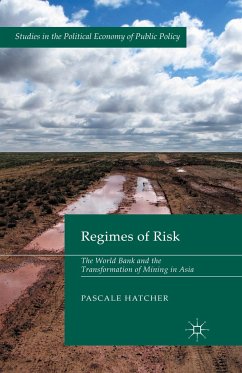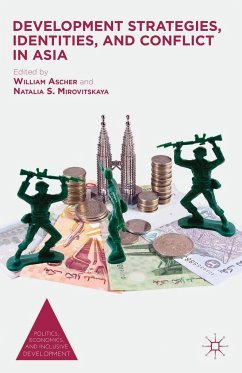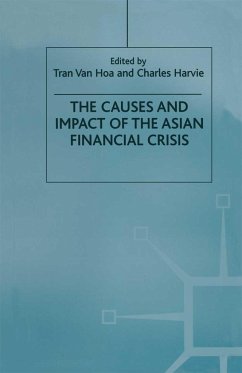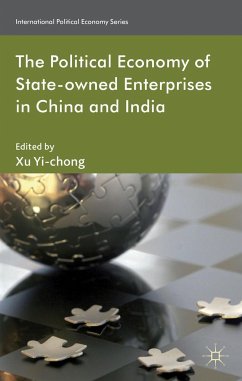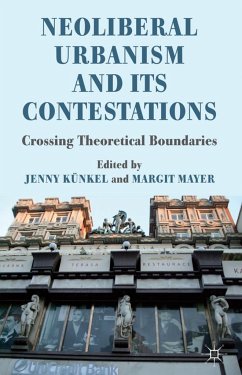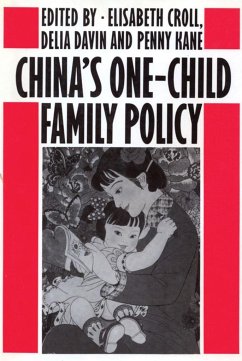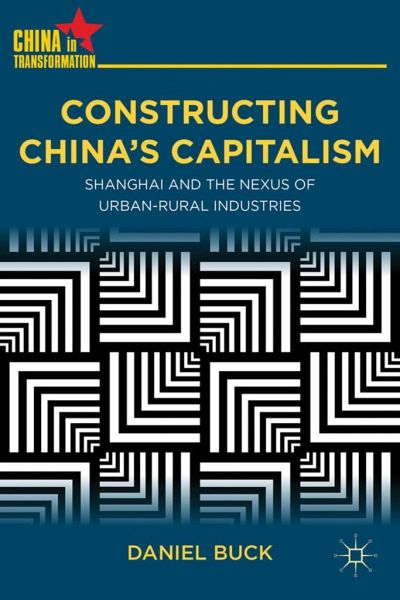
Constructing China's Capitalism
Shanghai and the Nexus of Urban-Rural Industries
Versandkostenfrei!
Versandfertig in 6-10 Tagen
38,99 €
inkl. MwSt.

PAYBACK Punkte
19 °P sammeln!
By investigating the nexus of relationships between urban and rural factories in the Shanghai region of China, this book shines light on an overlooked part of China's massive industrial growth since the 1980s.





